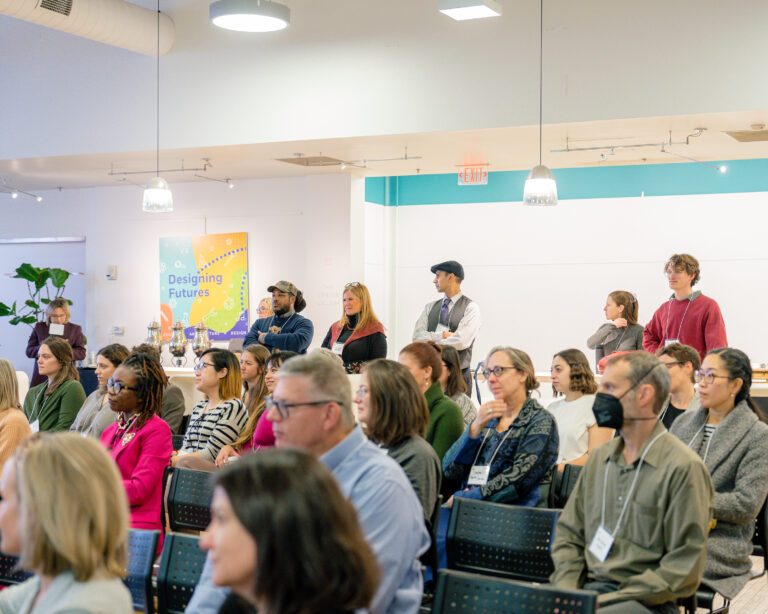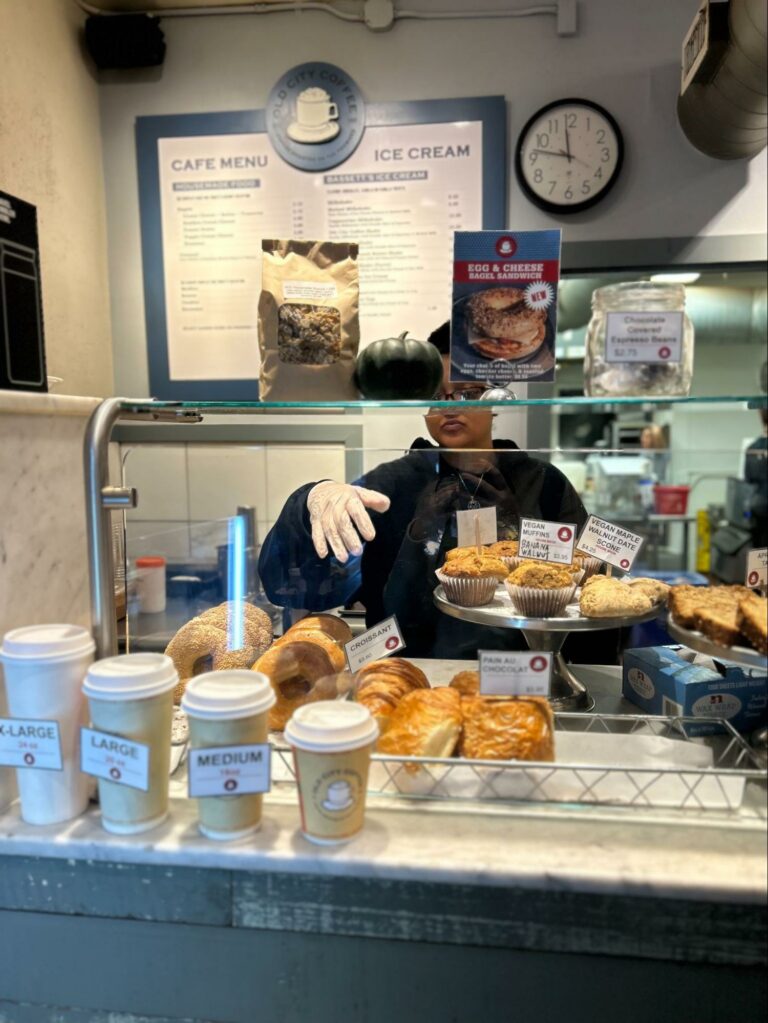The Solar States Story
By Colleen Burns, Guest Contributor
“Like any business we are driven to make a profit, but we do this by first by demonstrating our commitments to our employees, community, and the planet.”
As the concept of good business becomes more and more en vogue, we are conscious of the increasing importance of clearly defining the triple bottom line business designation (people, planet, profit).
At the Sustainable Business Network of Greater Philadelphia, one of our primary ways to explain the triple bottom line is to not just tick off a list of principles and philosophies but instead to share the stories of local, independent businesses who are living out their vision for how business can be a force for good.
One of these enterprises, Solar States, dedicated to solar energy implementation and education initiatives, is demonstrating what we mean when we say triple bottom line business.
“Like any business, we are driven to make a profit,” said Jael Blankenship, Solar States’ Business Manager, “but here at Solar States, we do this by first demonstrating our commitments to our employees, community, and the planet.”
From the company’s early days in 2008, Founder Micah Gold-Markel was committed to measuring success on a triple bottom line. He frequently quoted Van Jones — “the Green Wave will lift all boats” — as he worked to create a solar business comprised of installations (residential and commercial clients) and educational initiatives to establish a workforce more representative of Philadelphia, his hometown.
The solar industry is growing rapidly — currently, the solar industry employs more American workers than the coal industry — and Solar States has had no trouble keeping pace.
“We’ve grown 100% each year for the last three years,” said Jael. “And that is in both revenue and employees.” As the business grows, so does their social, environmental, and financial impact.
“For the last few years we have been teaching at the YouthBuild Philly Charter School,” said Jael. “We teach a solar class there.” Currently, two of Solar States’ employees are graduates from this program. Student have the opportunity to take the NABCEP Associates Certification, an industry standard, and Solar States is committed to hiring program graduates who receive this certification.
“This is a huge part of our mission. We don’t make a lot of money participating in this program, but it has given us the opportunity to welcome new staff to our team,” said Jael. “We’ve gotten really great employees, and it also trains people to work in the industry elsewhere as well.”
Solar States also teaches a summer course with the Philadelphia Energy Authority called Find Your Power at a local high school. For this program, they erected a large fake roof to practice solar installation. They are also in the process of developing a training program at an offsite facility specifically geared to adult education.
The business’s social impact extends beyond their commitment to workforce development. All twenty-five employees receive a livable wage, and Jael testifies to the culture of support and advancement that Solar States works to foster.
Jael joined the company after she completed a policy degree at Penn State University and has been given the opportunity to develop alongside the company’s growth into her current position. Similarly, Zack Logan, Residential Sales and Design Manager, came on board without a long history of sales experience outside IT related jobs at SAP and Urban Outfitters before he graduated from Temple University. His enthusiasm, desire to learn, and creativity has allowed him to advance in his position.
Solar States offers him the ability to see his impact grow with business’s triple bottom line mission. “The paycheck is just a cherry on top”, said Zack. He expresses that has been given the freedom to fail, get up, learn, explore, and continue coming up with solutions. “You get to see your work have an impact,” said Zack. This is the feeling Zack carries as he has witnessed the company grow from seven employees to twenty-five.
“It has been awesome for both of us to see ourselves grow,” said Jael. “We both entered into this job without a specific skill set and because of this opportunity we have both been able to develop our professional tools in a significant way.”
For Jael, her policy background is fitting as the company faces some of the challenges in the industry. One of their biggest hurdles is policy on the state and federal level. She shares that states incentives in Pennsylvania are lower than in surrounding states because entities that buy Solar Renewable Credits (SRECs) are not required to purchase within the state.
Still, it is becoming easier for customers to install solar. “Of course solar is great for the environment, but it’s now making more financial sense as well,” said Jael. Equipment costs have decreased by 70% since 2009; the 30% Federal Tax Credit is still intact; interest rates are low; and group saving programs like Solarize Philly are available. “These points have allowed financially-strapped customers to see money benefits in the first month, ” said Zack.
“The door is now open to more people, because solar can now pay for itself each month through energy savings!” Solar States also offers free solar proposals to show customers that installing solar on their homes is not out of reach.
Since 2008, Solar States has specialized in solar engineering, design, installation, education, monitoring and maintenance for a diverse set of clients. Beyond solar installations, we specialize in educational platforms that sync with school’s curriculum to create a brighter future for tomorrow through hands on solar classes.
As a B-corporation, Solar States meets “rigorous standards for social and environmental performance, accountability, and transparency” (B-Corporation). To learn more about Solar States, click here.




